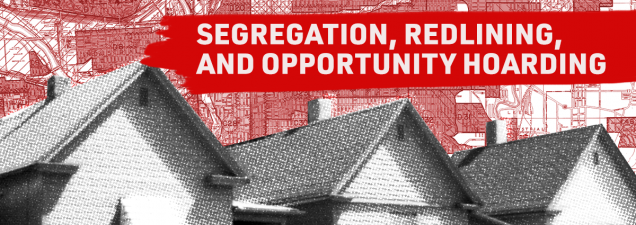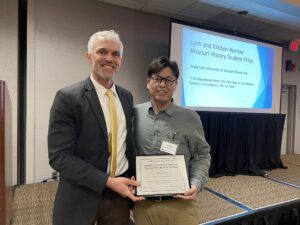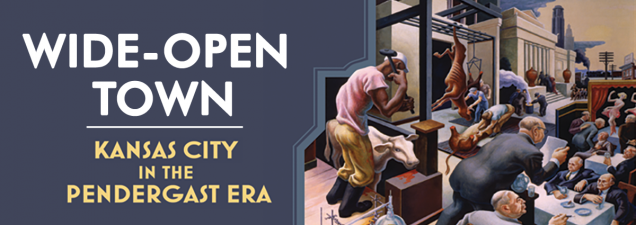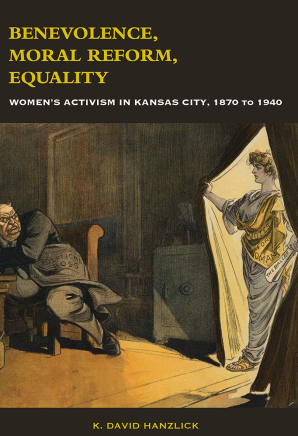
The UMKC History Department and Center for Midwestern Studies invite you to two upcoming events featuring Dr. Sheryll Cashin, the Carmack Waterhouse Professor of Law, Civil Rights and Social Justice at Georgetown University. Dr. Cashin is an acclaimed author who writes about race relations and inequality in the United States. Her most recent book, White Space, Black Hood: Opportunity Hoarding and Segregation in the Age of Inequality, examines how government-backed policies created and have maintained a residential caste that has concentrated poverty in African American neighborhoods while promoting opportunity in white areas. Most importantly, Cashin’s work offers a blueprint to dismantle longstanding racial inequality in urban America.
Divided Cities: The Effects of Redlining and Residential Segregation on American Communities
Thursday, October 20, 2022
4:00-5:30 pm
Zoom
Click Here to Register
The pandemic and summer 2020 social justice movements revealed continuing racial wounds and disparities in communities across the United States. Sheryll Cashin’s arguments about the foundations of residential segregation and her calls to build an integrated and equitable future speak to community healing in times of strife. Cashin will share her research and insights on this important and timely topic as well as engage in an interdisciplinary dialogue with UMKC faculty that focuses more directly on Kansas City. Exploring the history of redlining and its legacies in a local context will provide a moment to reflect on this important history and its connection to Kansas City from multiple perspectives, recognize continuing inequities in our communities, and consider (and plan) a better future together.
This event is part of the Marilyn T. & Byron C. Shutz Lecture Series
Segregation, Redlining, and Opportunity Hoarding: A Case for Reform
Thursday, October 27, 2022
Reception: 5:30 pm; Program begins at 6:00 pm
Truman Auditorium – Plaza Branch of the Kansas City Public Library
RSVP Here
A century ago, the tool was blatant redlining. Today, the mechanics of anti-Black housing segregation entail resistance to affordable housing, underinvestment in public transportation, and the over-policing of African American communities.
Those practices have rendered geographic lines “that divide America into racialized spaces of high and low opportunity,” Georgetown University’s Sheryll Cashin says. She calls it residential caste, a social and economic stratification cemented by discriminatory policies that trap Black people in impoverished neighborhoods while diverting funding to affluent, predominantly white areas.
Cashin’s presentation will examine how our country got here and what it will take to end these corrosive exclusionary practices in a discussion drawing from her book White Space, Black Hood: Opportunity Hoarding and Segregation in the Age of Inequality.
The presentation will also be livestreamed on the Kansas City’s Public Library YouTube account.
These events have been funded by the Marilyn T. Byron C. Shutz and the Bernardin Haskell Lecture Funds. The programs were organized in partnership with the Johnson County Museum and the Kansas City Public Library, as part of a collaborative initiative across Greater Kansas City to host public dialogues complimenting the Johnson County Museum’s temporary exhibit REDLINED: Cities, Suburbs, and Segregation. These efforts aim to foster conversations about redlining and the consequences of residential segregation to catalyze civic action in the region.





